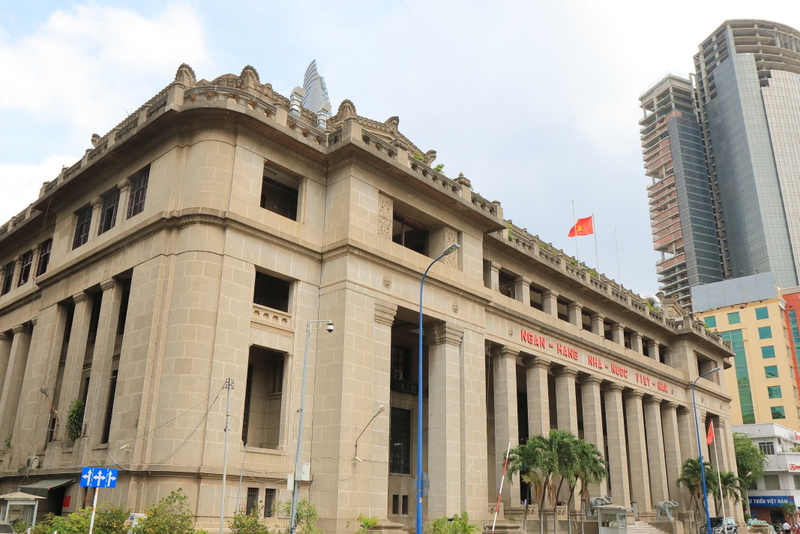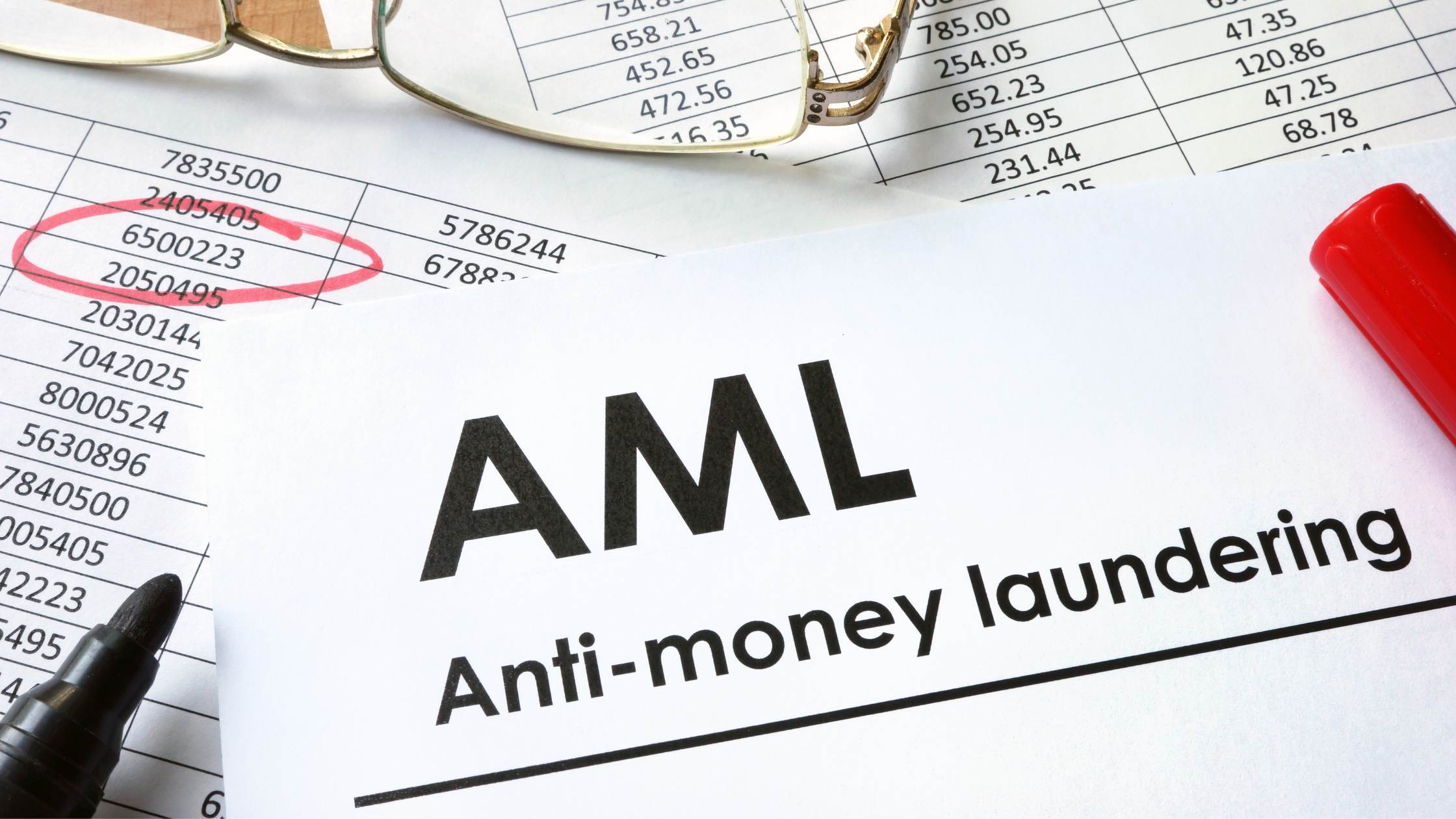
DUYEN HA VO
Vietnam’s land acquisition landscape is poised for a transformation with the upcoming enforcement of the recently approved Land Law, scheduled to take effect on January 1, 2025. This article explores the potential implications of these changes on the land acquisitions of developers engaged in real estate, energy, and infrastructure projects.
The new Land Law extends and further intricately categorises the list of “projects eligible as socio-economic development based on national and public benefit considerations” (Land Revocation Eligibility Projects).
The implications of the Land Revocation Eligibility Projects list can be summarised as follows:
a. Proposals for such a project enable the State to reclaim land from existing occupants to allocate or lease to the investor.
b. Investor selection for these projects must undergo tendering requirements in certain cases.
c. It is permissible to propose such a project on land acquired through a private agreement with existing land users, subject to approval from the provincial People’s Committee. Examples of new items added to this list are medical facilities, educational and training facilities, projects of renovation and rebuilding of apartment buildings and sea reclamation projects.
Examples of projects not considered “Land Revocation Eligibility Projects” are hotel projects, housing development projects and commercial complex projects.
Another revolutionary change introduced in the Land Law is the introduction of a regime for “private agreement” on land acquisition for project development, which may apply in cases that land is not under control by any State agency. This private agreement scheme is applicable regardless of whether the proposed project is a Land Revocation Eligibility Project or otherwise, provided that:
a. for a commercial housing project, this scheme may apply only to delivery of residential land, and
b. for a Land Revocation Eligibility Project, application of this scheme must be approved by the provincial People’s Committee.
This new scheme is however unlikely available to foreign owned enterprises unless the acquisition is made in the form of a capital contribution of land use rights in cases where such contribution is permitted under the Land Law.
With respect to the investor selection tendering requirement, the new Land Law further limits and clarifies the types of projects which may be subject to the requirement of holding investor selection tendering. Accordingly, tendering is mandatory only for the following projects:
a. Township development projects to be offered via investor selection tendering by the provincial People’s Council; and
b. Land Revocation Eligibility Projects which are subject to tendering under the regulations applicable to the respective sector or field.
Regarding regulations applicable to tendering requirements in specific sectors or fields, in late November 2023, the Ministry of Planning and Investment released a draft decree on investor selection tendering to implement the new Law on Tendering for evaluation. This proposed regulation consolidates and provides guidance on the list of projects subject to Tendering under regulations governing specific sectors or fields (Tendering Required Projects). Tendering applies to those projects if:
a. They are Land Revocation Eligibility Projects or involve the use of land currently under the control of a State agency, and
b. They are ineligible for land auction under applicable laws.
As per the above proposed regulation, Tendering Required Projects encompass international football betting, domestic solid waste treatment, specialised aviation services at airports, and joint ventures with state-owned enterprises involving changes in land use purposes. Additionally, education and training facilities, sports facilities, horse racing or greyhound racing ventures, and apartment building renovation or rebuilding projects also fall under such category of Tendering Required Projects if at least two potential investors express interest.
With respect to land auctions, if the subject land is clean land under the control of a State agency, land auction is mandatory to obtain such land for project development, unless it is on the list of auction exemption cases listed below or otherwise subject to mandatory tendering.
The land offered for auction must be clean land, meaning it has been reclaimed from existing occupants with compensation for land resettlement having been disbursed, and it must have connections to road infrastructures.
Below are auction exemption cases:
a. Land use fee or land rental is exempt.
b. The project is a Land Revocation Eligibility Project utilising state capital.
c. It is a PPP Land Revocation Eligibility Project.
d. The land use is for mandatory relocation for environmental pollution considerations.
e. The land use is for mining activities.
f. The land use is for relocation under a resettlement and land clearance plan.
g. It is a Land Revocation Eligibility Project, with only one investor meeting the necessary criteria in case that the tendering laws or other regulations governing its sector or field requires tendering where multiple eligible investors express interest.
h. It has undergone two unsuccessful land auctions. The land allocation or lease without another auction must be initiated within 12 months after the second unsuccessful auction.
i. A foreign owned enterprise acquires a real estate project.
Last but not least, the new Land Law introduces a revolutionary legal framework for authorising land use for multiple purposes, according to which the land user may be
The new Land Law introduces a revolutionary legal framework for authorising land use for multiple purposes
approved to add ancillary use purposes to its primary use purpose. Of particular importance to developers: (i) residential land may add agricultural, or commercial service uses as ancillary use purposes; (ii) religious and worship land may add commercial service uses as ancillary use purposes; and (iii) agricultural land and non-agricultural land may add construction of postal, telecommunications, and electricity infrastructure works as ancillary use purposes.
The land user must submit a modified land use plan proposal to the competent State agency for approval. This scheme is subject to further detailed regulatory guidance of the Government.

Duyen Ha Vo, Partner, VILAF
Duyen Ha Vo is the Chairperson of VILAF.
Duyen is active in advising MNCs in the financial service, energy, infrastructure, fintech, and real estate sectors.
She is a leading lawyer in Vietnam recognised by Asialaw, Chambers, IFLR1000, and Legal500 in the areas of M&A, Energy & Infrastructure and Finance.














 Vietnam International Law Firm (VILAF-Hong Duc)
Vietnam International Law Firm (VILAF-Hong Duc) Ngoc Anh Bui
Ngoc Anh Bui Tung Ngo
Tung Ngo Anh Dang
Anh Dang Phong Tran
Phong Tran Linh D. Nguyen
Linh D. Nguyen Quynh Pham
Quynh Pham Trung Vu
Trung Vu Hien Truc Nguyen
Hien Truc Nguyen Hung Q. Nguyen
Hung Q. Nguyen Hao Nguyen
Hao Nguyen Duyen Ha Vo
Duyen Ha Vo Hien Tran
Hien Tran Ha H. Luu
Ha H. Luu Ngoc Luong Trinh
Ngoc Luong Trinh







